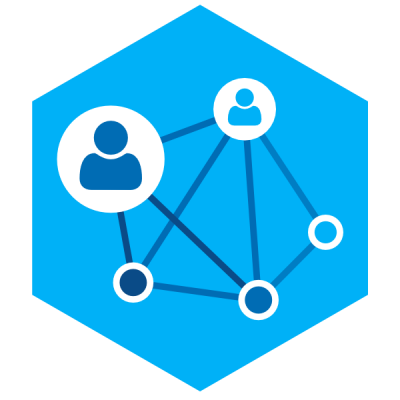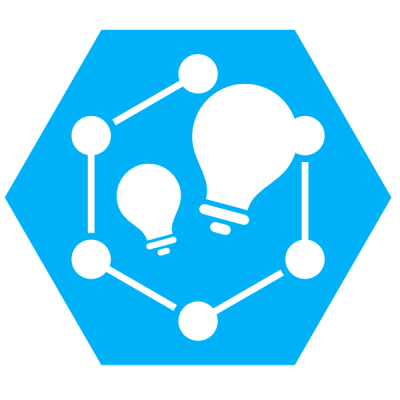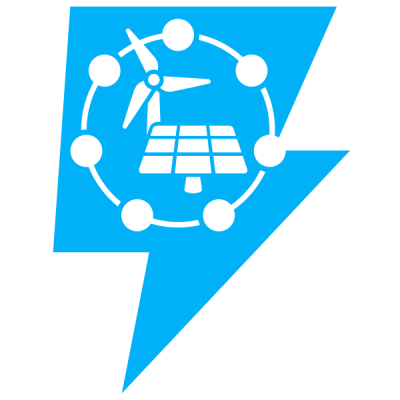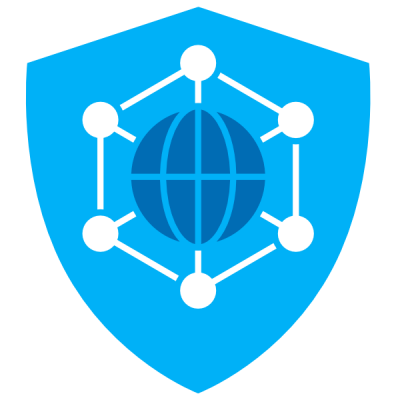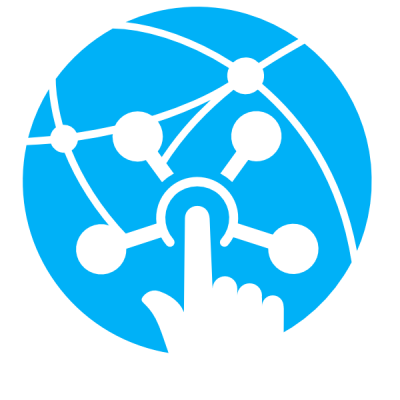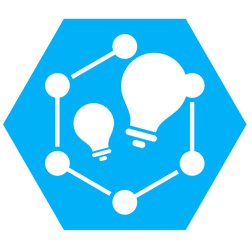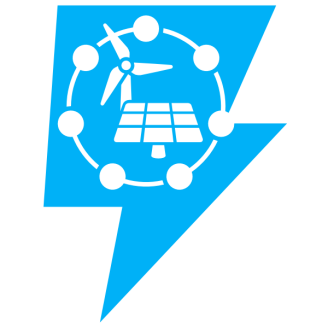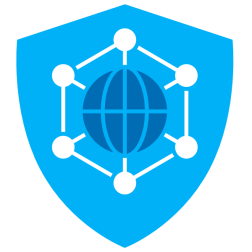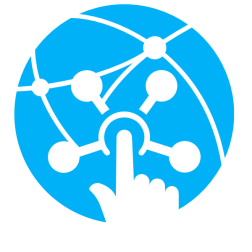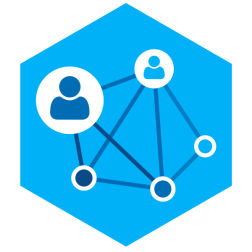We believe innovative technology, data, and digitalisation are essential to the transition we are undertaking. We’re especially proud of the progress we’ve made around the twin transition of digital and decarbonisation. This allows us to build a sustainable port for the future together with our partners.
In today’s fast-changing, complex world, we are continuously learning, together with all our partners. In our experience, learning fast is key to the digital transition and jointly solving complex problems.
Scroll down
Learning fast
is key
Innovate with marketparties
Innovation is key to future success, but nobody gets it right every time. We’ve learned that our role is to harness innovation power in the market rather than dream up our own solutions. This will allow port of Rotterdam to keep developing and optimising the ‘port as a product’ for all companies using or operating in the port.
Digital for and beyond containers
We have also concluded that we need more focus on the industrial cluster and the bulk industry. Focusing on container supply chain digitalisation in recent years has delivered a great deal. We are getting to grips with great opportunities that the liquid and dry bulk industry offer. For the industrial cluster net congestion and designing the future energy system are topics of special interest.
Data sharing: an ongoing challenge!
Collaboration: more important than ever
A great deal of work is needed to ensure data can be exchanged and used by people in operational processes. Our work in IMO/IHO standardisation has brought great benefits but much still needs to be done for all modalities. An important development for the coming year will be an API marketplace that allows people to manage data sources, access, and sharing. We need to test whether the market is ready for API sharing at a larger scale and find the right use cases. After all, the value of data sharing is often greatest when multiple parties are involved.
Stepping up data sharing has proven to be a challenge. Companies have different views on the value of data. Which data is easily shared? Which data is commercially sensitive? What should be paid for? Facilitating difficult conversations and understanding expectations has taken time. It makes no sense to keep sharing more data, without also redesigning processes with suppliers and customers. One major operator, for example, was working with data points from nine different sources – each gave a different estimated time of arrival for the same vessel. The difference was as big as 15 days. You can’t plan logistics around a window like that!
Through data and digitalisation, we can identify bottlenecks and improve performance. Our goals are efficient supply chains, smooth port calls, and a new energy system. True value doesn’t lie within any single company, but across companies and parties. However, the required data collaboration at a greater scale can no longer be achieved with Excel – more advanced solutions are needed. The resulting efficiency improvements will bring emissions reductions, and better insights to enable sustainable decision-making, load balancing, congestion reduction, and more.
Let’s take a closer look at lessons learned over the past year.
We believe innovative technology, data, and digitalisation are essential to the transition we are undertaking. We’re especially proud of the progress we’ve made around the twin transition of digital and decarbonisation. This allows us to build a sustainable port for the future together with our partners.
In today’s fast-changing, complex world, we are continuously learning, together with all our partners. In our experience, learning fast is key to the digital transition and jointly solving complex problems.
Learning fast
is key
Innovation is key to future success, but nobody gets it right every time. We’ve learned that our role is to harness innovation power in the market rather than dream up our own solutions. This will allow port of Rotterdam to keep developing and optimising the ‘port as a product’ for all companies using or operating in the port.
Innovate with marketparties
We have also concluded that we need more focus on the industrial cluster and the bulk industry. Focusing on container supply chain digitalisation in recent years has delivered a great deal. We are getting to grips with great opportunities that the liquid and dry bulk industry offer. For the industrial cluster net congestion and designing the future energy system are topics of special interest.
Digital for and beyond containers
A great deal of work is needed to ensure data can be exchanged and used by people in operational processes. Our work in IMO/IHO standardisation has brought great benefits but much still needs to be done for all modalities. An important development for the coming year will be an API marketplace that allows people to manage data sources, access, and sharing. We need to test whether the market is ready for API sharing at a larger scale and find the right use cases. After all, the value of data sharing is often greatest when multiple parties are involved.
Stepping up data sharing has proven to be a challenge. Companies have different views on the value of data. Which data is easily shared? Which data is commercially sensitive? What should be paid for? Facilitating difficult conversations and understanding expectations has taken time. It makes no sense to keep sharing more data, without also redesigning processes with suppliers and customers. One major operator, for example, was working with data points from nine different sources – each gave a different estimated time of arrival for the same vessel. The difference was as big as 15 days. You can’t plan logistics around a window like that!
Data sharing: an ongoing challenge!
Through data and digitalisation, we can identify bottlenecks and improve performance. Our goals are efficient supply chains, smooth port calls, and a new energy system. True value doesn’t lie within any single company, but across companies and parties. However, the required data collaboration at a greater scale can no longer be achieved with Excel – more advanced solutions are needed. The resulting efficiency improvements will bring emissions reductions, and better insights to enable sustainable decision-making, load balancing, congestion reduction, and more.
Collaboration: more important than ever
Let’s take a closer look at lessons learned over the past year.

